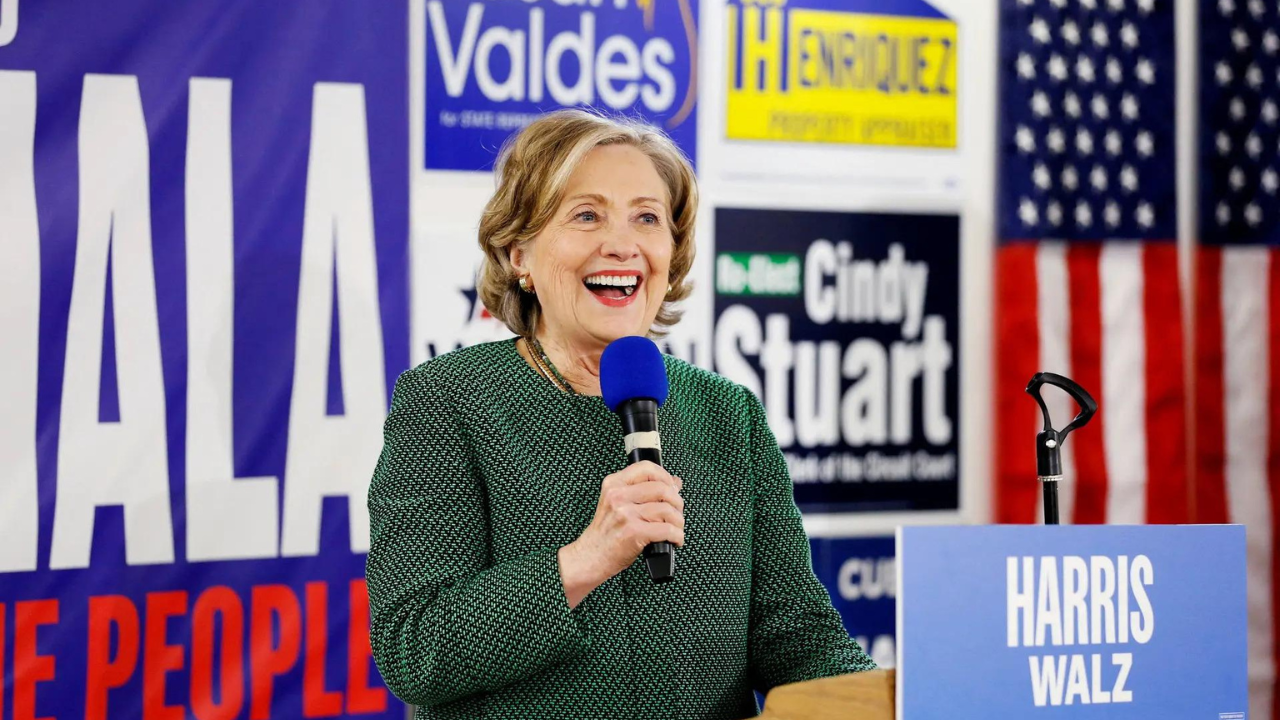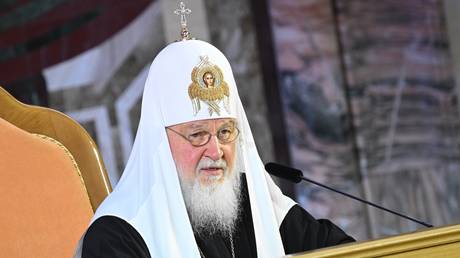ARTICLE AD BOX
Xinjiang's top Communist Party official said on Thursday that the "Sinicisation" of Islam in the Muslim-majority region in northwestern China, where Beijing is accused of human rights abuses, is "inevitable".
"Everyone knows that Islam in Xinjiang needs to be Sinicised, this is an inevitable trend," regional party chief Ma Xingrui told reporters at a largely scripted briefing on the sidelines of China's annual parliamentary sessions in Beijing.
Rights groups accuse Beijing of widespread abuses of Uyghurs, a mainly Muslim ethnic minority that numbers around 10 million in Xinjiang, including denying Uyghurs full religious freedoms. Beijing vigorously denies any abuses.
Chinese President Xi Jinping has repeatedly called for the "Sinicisation" of religions including Islam, Buddhism and Christianity, urging followers to pledge loyalty to the Communist Party above all else. About two-thirds of mosques in Xinjiang have been damaged or destroyed since 2017, according to an Australian think-tank report.
During the news conference, Ma and other regional officials praised Xinjiang's economic development, refuted U.S. allegations of forced labour and cultural genocide, and tried to paint the region as open to foreign tourism and investment.
Ma, a high-flying former governor of prosperous Guangdong province who was transferred to Xinjiang in 2021, stressed the need to "coordinate security and development".
"The three forces are still active now, but we cannot be afraid (to open up) because they exist," said Ma, using a political slogan referring to "ethnic separatism, religious extremism and violent terrorist forces" in Xinjiang.
Beijing in 2017 launched a harsh security crackdown in Xinjiang after a spate of violent ethnic protests, which saw over a million people from several Muslim minorities detained in re-education camps, rights groups allege.
"We have carried out a severe crackdown on terrorist activities, issued and implemented anti-terrorism laws to ... combat various forms of terrorism," senior Xinjiang parliamentarian Wang Mingshan said.
But the briefing was largely focused on Xinjiang's economic development, tourism potential and what the officials described as cultural preservation.
Last year Xinjiang received 565.7 billion yuan ($78.5 billion) in central government transfers accounting for 72.7% of local government spending, as well as over 19 billion yuan ($2.6 billion) in fiscal aid from other provinces, the region's chairman Erkin Tuniyaz said.
Ma was flanked by two Xinjiang officials sanctioned by the United States over human rights abuses in Xinjiang - Tuniyaz and former regional chairman Shohrat Zakir.
Officials claimed that over 4,390 foreigners visited Xinjiang in 2023, and that last year's newly installed renewable energy capacity totalled 22.61 million kilowatts, bringing the total installed in the region to 64.4 million kilowatts - nearly half of Xinjiang's electricity capacity.
Xinjiang is a major base for solar cell production, which has been tainted by allegations of forced labour.
(Except for the headline, this story has not been edited by NDTV staff and is published from a syndicated feed.)
.png)
 8 months ago
4
8 months ago
4








 English (US)
English (US)